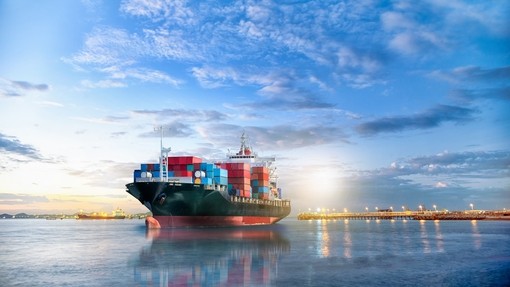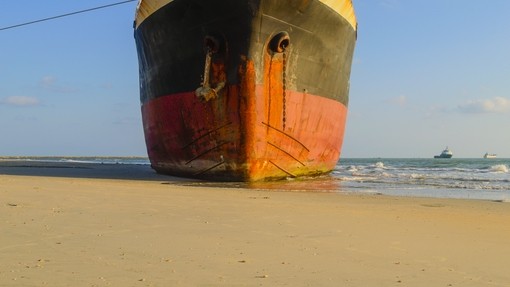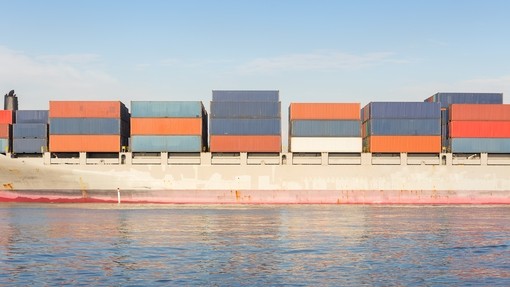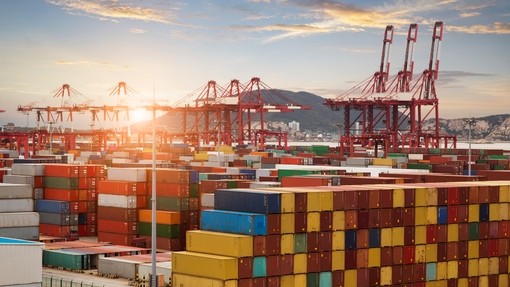Seatrade Group N.V -v- Hakan Agro D.M.C.C The "ACONCAGUA BAY” [2018] EWHC 654 (Comm)
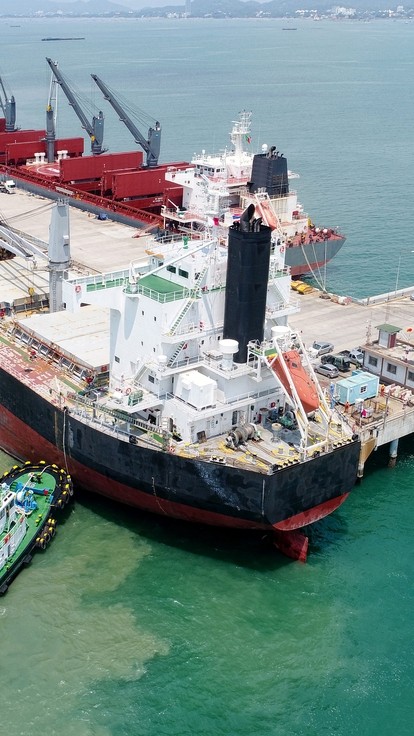
Details
This case concerns an important question of law as to whether the warranty in a voyage charterparty that a berth is ‘always accessible’ simply means that the vessel is always able to enter the berth, or whether it also means that the vessel is able to leave the berth.
Factual background
The charter of the vessel was for carriage from the US Gulf to the Republic of Congo and Angola. The charterparty, on an amended GENCON 1994 form, provided as follows: ‘10. Loading port or place (C1.1) 1 good safe berth always afloat always accessible…’
Whilst the vessel was loading, a bridge and lock were damaged. This resulted in the vessel being unable to leave her berth until 14 days after she had completed loading. Relying on the ‘always accessible’ warranty in the charterparty, the owners sought to claim damages from the charterers for detention, for the period of delay.
The parties referred their dispute to arbitration and by way of an arbitration award dated 23 February 2017 (the award) the umpire, Mr Ian Kinnell QC, found that the warranty referred only to entry, and not to departure.
The owners subsequently sought permission to appeal the award under s.69 of the Arbitration Act 1996. Permission was granted by Leggatt J (as he then was) who said that the question of law raised by the appeal was one of general public importance.
Legal issues
The judge was required to consider whether the umpire was correct in law in deciding that the warranty referred only to entry.
The judge looked at Arbitration 11/97 (1997) LMLN 463, as addressed by the umpire, whereby it was held that the term ‘always accessible’ did not to extend to leaving the berth. The judge pointed out that not only was that point not decisive in that case, but also (as highlighted in Commencement of Laytime (2006)) that the tribunal did not have the benefit of seeing the Baltic Code 2003 which specified that: ‘where the charterer undertakes the berth will be “always accessible” he additionally undertakes that the vessel will be able to depart safely from the berth without delay or at any time during or on completion of loading or discharge’.
The judge noted that the umpire had looked at English dictionary definitions of ‘access’ as a ‘way or means of approach’ and ‘accessibility’ as ‘capable of being approached’, and said that if regard is had to a wider selection of dictionaries then capable of ‘use’ or usability will be found among the available meanings of accessibility. The judge said that this was material because ‘use’ is a word that can readily include departure.
The judge went on to consider the fact that the term ‘reachable on arrival’ is to be found in some charterparties and said that he was left with the perspective that there is a useful vocabulary from which parties can choose, if ‘always accessible’ applies to departure as well as entry and if ‘reachable on arrival’ applies to entry alone.
In conclusion, the judge said he agreed with owners that the reasonable commercial party looking at the subject of berthing would bear all aspects in mind and not confine itself to getting into the berth. The judge therefore held that the term “always accessible” applied to entry to a berth as well as departure.
Case comment
This case highlights that there is a distinct difference between a warranty that the berth will be ‘reachable on arrival’ and a warranty that the berth will be ‘always accessible’. In the latter case, the risk of delay is transferred to the charterers and an owner can claim damages for detention where the delay arises when the vessel is ready to depart her berth.
This article originally appeared in the May 2018 edition of shipping case digest. Other articles include:
Jiangsu Shagang Group Co Ltd -v- Loki Owning Company Ltd [2018] EWHC 330 (Comm)
Exportadora de Sal S.A de C.V -v- Corretaje Maritimo Sud-America no Inc. [2018] EWHC 224 (Comm)

